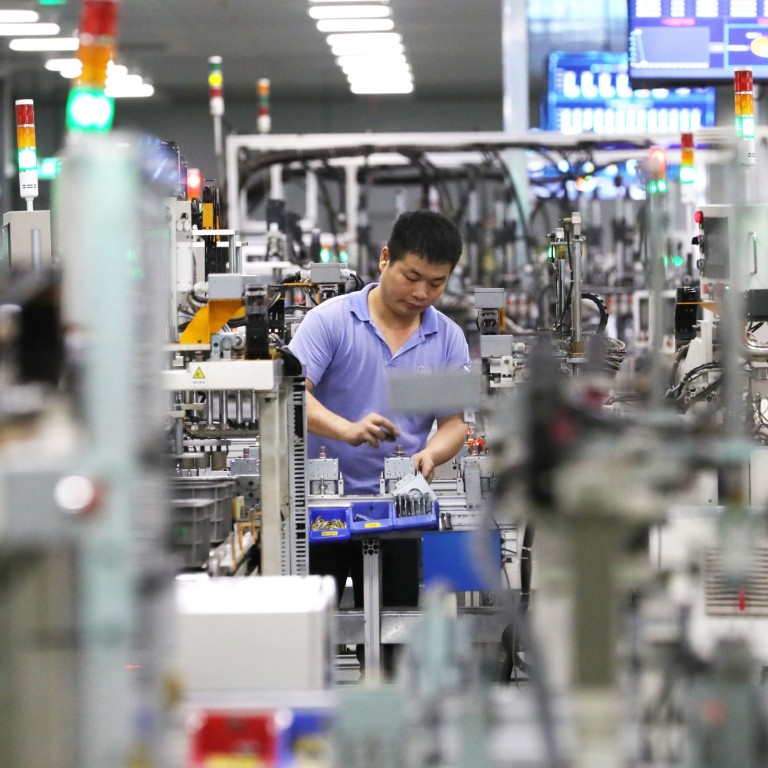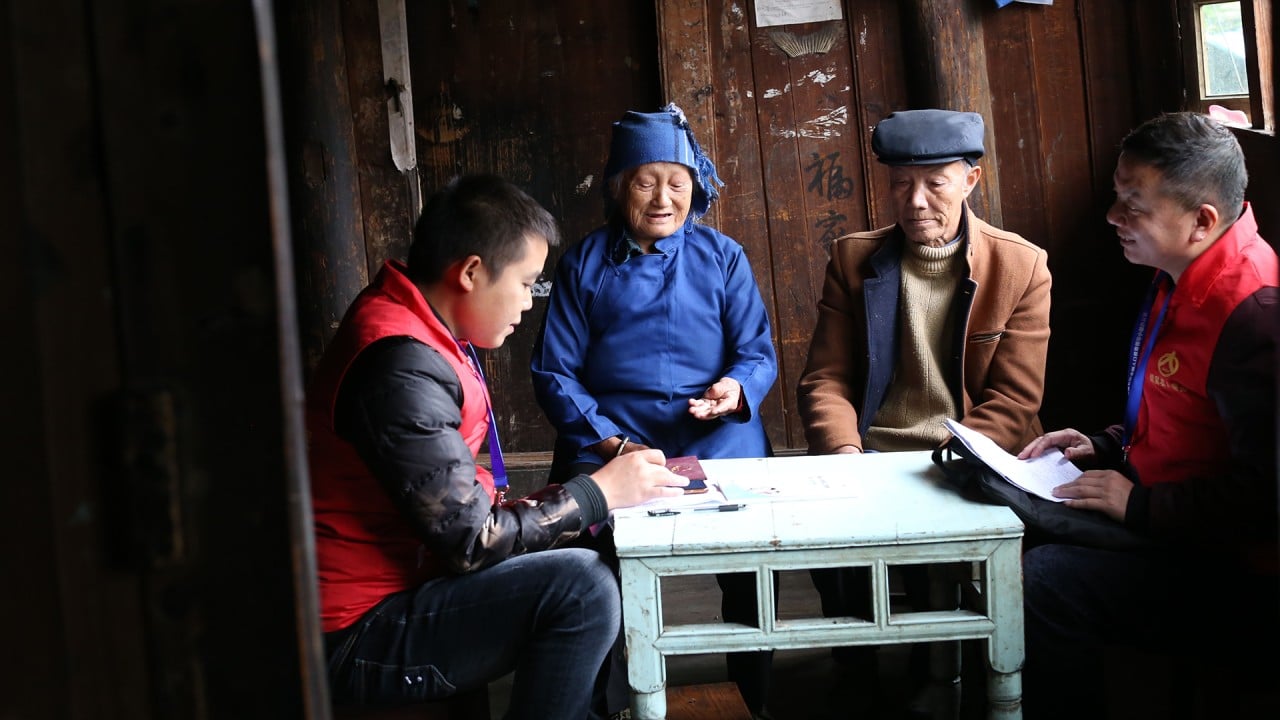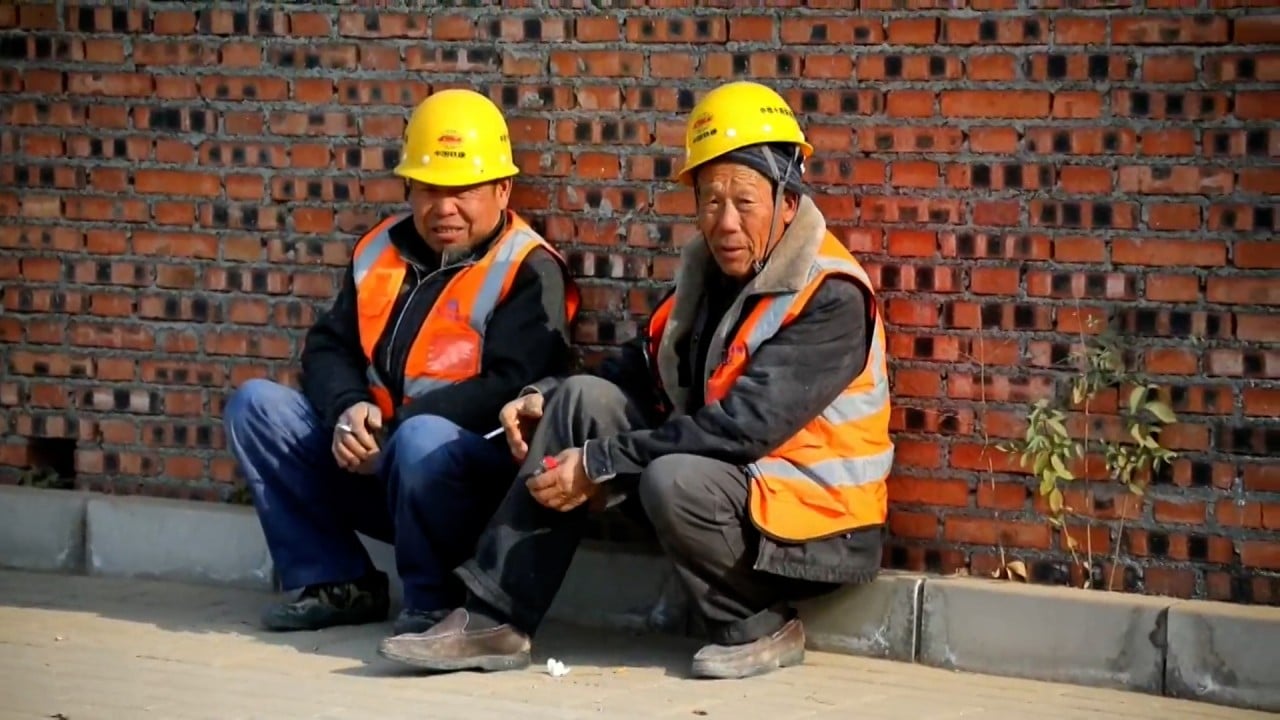
China’s looming population crisis throws the spotlight on workplace age discrimination
- Age discrimination in China’s workforce could have potentially serious economic consequences as the population gets older and the workforce shrinks
- Workplace ageism in China, which is not illegal, usually starts around 35 years old and has the potential to make gender discrimination even worse
Even at 24 years old, Jack Yang is wary about entering his 30s while working in China’s cutthroat tech sector.
Yang, who would only use his English first name due to the sensitivity of the topic, said his department recently laid off an employee above 35 on the grounds of poor performance. But everyone in the office knew better.
“When you reach 35 years old, if you are not promoted, you will have to leave,” said the young programmer who is interning for one of China’s biggest e-commerce firms.
While it is not always as black and white, ageism is pervasive in China and typically starts around 35, earlier than the international average, according to a June research note by the Peterson Institute for International Economics (PIIE).
State media even has a name for it, the “age 35 phenomenon”, while Chinese in their early 30s talk about “35-year-old anxiety”.
Although a global issue, experts say aged-based discrimination could have potentially serious economic consequences for China as its population rapidly greys and its workforce shrinks.
Data from the seventh national census released in May showed the pool of workers supporting the pension system is declining fast, and the number of people aged at least 60 is expected to account for one third of the total population by 2050.
Meanwhile, the number of new births in China fell for a fourth consecutive year to 12 million last year, marking an 18 per cent decline year on year and continuing the descent to a near six-decade low.

10:42
China 2020 census records slowest population growth in decades
But experts say unless the government also tackles ageism, changing the retirement age may not be enough to keep older people in work.
Feng, a human resource director for a Beijing-based company, who would only give her surname, said she would not hesitate to choose a younger candidate over one older than 45.
“I don’t think it can be called discrimination, it’s the law of the economy,” she said. “It really depends on the position, I cannot hire a 50-year old for a recent graduate’s position. How much would I offer?
“If the salary is not high enough for the senior candidate, he or she will not stay long, and there is a cost for the company to train staff.”
Still, she said she would never explicitly list an age restriction in a job advertisement, because it would make the company look bad.
Huang Wenzheng, a demographic researcher and senior fellow at the Centre for China and Globalisation in Beijing, said the civil servant age restriction sets a “very bad” example for private companies to follow.
Huang said many people older than 35 could make great public servants because of their life experience, but for the private sector there was “some rationale” in the practice, and he does not expect it to stop.
“The proportion of China’s well-educated population is rapidly increasing, meaning the supply of skilled professionals may not face a shortage for a considerable period of time,” he said.

01:30
Workers unhappy about China’s plan to change decades-old retirement age rules
“Young people may learn faster and can be more efficient, not to mention they require a relatively lower salary, it’s just that there are so many options in the market.”
Ageism in the workplace partly comes from employers’ perception that younger workers are more productive, innovative and energetic, while older workers have greater family responsibilities and usually demand higher salaries, the PIIE said. However, these stereotypes are poorly supported by evidence.
“In fact, individual labour productivity follows an inverted U-shaped model: starting lower at the early stages of one’s lifespan, increasing as the person gains experience until it peaks, and then slowly dropping off until retirement,” the institute said.
“The real concern in China is that older workers may cost a seniority wage premium on top of their true value.”
For Chinese women, ageism has the potential to make widespread gender discrimination even worse. Last year, a survey of nearly 2,000 white-collar professionals by the China Youth Daily showed that more than 86 per cent felt career opportunities languish for women in their 30s, and women of childbearing age tend to find it hard to return to work after giving birth.
Nearly two-thirds of people over age 35 who were laid off in March last year were still looking for jobs in September, according to a report released in January by the Development Research Centre of the State Council, which was based on data and a survey from Chinese job portal Zhaopin.
The report found that some 80.1 per cent job applicants over 35 believed age restrictions were the biggest obstacle when looking for a new job, while 20.6 per cent of respondents between 51-55 had been laid off due to their age.
Left unaddressed, ageism in China’s job market would result in “waste of human capital going forward”, according to the PIIE.
“To the extent that the education gap still exists across age groups, China should find ways to recapitalise on an ageing labour force, at a minimum by providing older workers with more retraining opportunities to let them gain new skills,” it said.
“Moreover, Chinese lawmakers need to seriously consider outlawing ageism in employment.”


